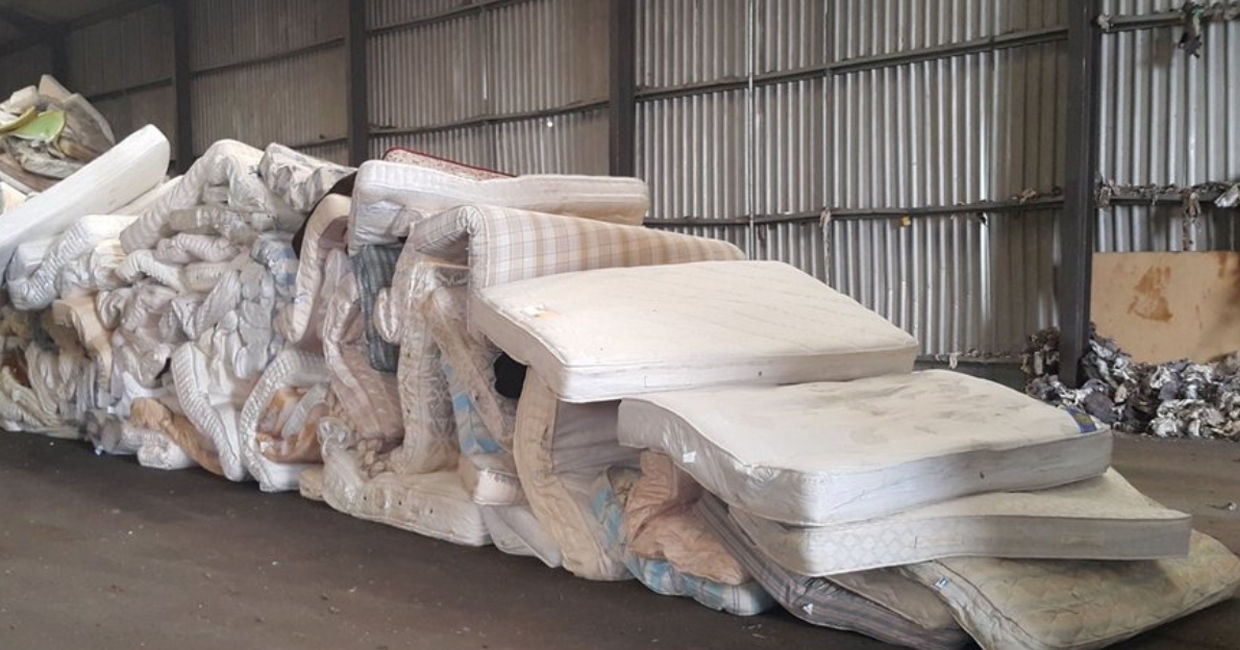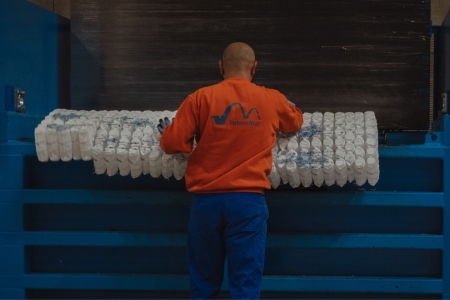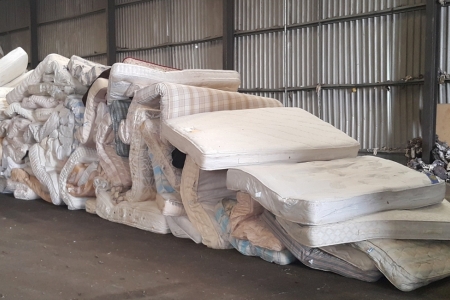The National Bed Federation (NBF) has published its fifth End of Life Mattress Report, showing a marked improvement in mattress recycling rates across the UK, but warns that the industry is still far short of its 2028 targets and that greater investment and regulation is required.
The latest new research found that 56% of mattresses were sent for recycling in 2023 – more than double the estimated 25% figure in 2021. Real recycling – that is, the actual material recovery rate – was also up significantly, from 14% in 2020 to 33%.
NBF executive director, Tristine Hargreaves, says: "The latest figures are encouraging and demonstrate real progress across the sector – particularly in terms of mattresses being diverted from landfill.
“But we cannot ignore the challenges that remain, especially around inconsistent practices, limited infrastructure and financial barriers. This report is essential reading for those committed to building a more sustainable UK bed industry."
The report also found the number of mattress disposals decreased by 27% compared 2020’s figures, suggesting that replacement rates are slowing, and use periods are extending, possibly due to economic challenges.
While more retailers are engaging with sustainability and circularity, significant barriers remain. Larger retailers face complex supply chains, while smaller businesses often lack the capital to invest. Circularity still takes a back seat to consumer concerns like price, comfort and durability, says the NBF: "Reuse remains a small part of the end-of-life picture.
"Key challenges for mattress reuse and rejuvenation include hygiene concerns, cost and logistics and changing consumer perceptions. Recyclers continue to face challenges sourcing clean, quality mattresses. Financially, success relies on finding value in recovered materials such as polyester, springs, and some foam – although these markets remain volatile."
The report also highlights growing concerns about unethical practices. Recyclers warn that some rogue manufacturers are reusing components without proper disclosure, damaging industry integrity.
The NBF reiterated its call for an Extended Producer Responsibility (EPR) scheme that includes mandatory take-back, funding for infrastructure and consistent nationwide standards. Government-led policy is seen as crucial to achieving the NBF’s target of 75% of mattresses diverted from landfill by 2028.
The NBF hopes the report will help unite retailers, manufacturers, recyclers and policymakers around a shared vision for a more sustainable UK mattress industry.
The full report can be downloaded from the NBF website.













